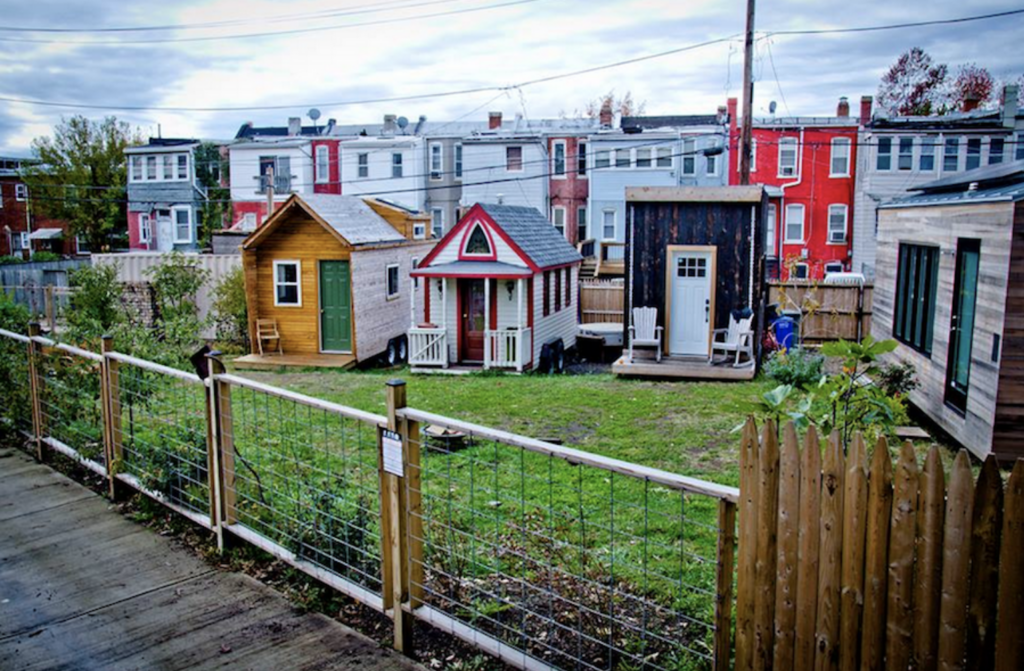Please allow me to preface this whole thing by clearly stating that I believe in the importance of dignity, respect and independence. But we end up brushing over difficult problems in the name of protecting human rights. This leaves too many destined to return to homelessness. We have to do better.
I have personally known both types of public housing (individual apartments and single room occupancies) firsthand. And from a secondhand perspective, too, having stayed with others who had vouchers. From what I have experienced and witnessed, I believe a serious overhaul is in order that could hasten the end of homelèssness as we know it. Or at least take a big bite out of repeated homelessness.
Before we go further we need to know, what is a single room occupancy (SRO)? While specific rules vary from residence to residence, an SRO is pretty much as it sounds. A resident has his/her own bedroom with shared common areas. Why do so many folks seem to steer clear of SROs? The rules and strict oversight are reasons some folks prefer to hold out for their own apartment. They prefer the privacy. This is understandable. Perhaps more people could be persuaded to go into an SRO if they had the understanding that they could move on to more independent living at some point in the future.
But the world of independent living among the newly housed is fraught with the potential for missteps that could easily lead right back to homelessness. Among these missteps is housing voucher abuse.
Abuse of housing vouchers is common. It is also in certain circumstances overlooked if not encouraged within the system itself by the well-intentioned in order to keep people off the street.
Common abuse of vouchers includes subletting a room for $300-$400 a month. It’s survival in the world of the poorest of the poor.
Beyond the profit motive, some folks just want and/or need companionship! Housing is a crucial component for leading some semblance of a stable life, but it is only one component. The system needs to develop some kind of roommate program. The fact is that some — if not many — folks don’t need or necessarily want a place all to themselves. And they would function better if they had someone to share household responsibilities with.
Many formerly homeless folks once housed still deal with vicious substance abuse and/or mental health problems that go insufficiently addressed. This is yet another crucial piece of the puzzle for a stable, productive life.
Some case managers simply don’t make regular in-home visits to make sure things are in order: unit clean, no subletters, no drug paraphernalia, etc. These issues get little to no serious oversight in too many cases, resulting in a client’s unfortunate and completely avoidable return to homelessness.
Some specific examples
My friend Alice, who finally got her own apartment in 2015, eventually lost it a couple of years later, mainly due to loneliness. She had her own place but she desperately wanted to share it with so-called friends who took advantage of Alice’s hospitality. People moved themselves in, made themselves right at home, and in no time at all they took over her apartment, at times leaving her homeless when she actually had her own apartment!
A few years ago, I moved from a friend’s living room floor to an SRO. The place was somewhat in transition as far as management and rules. As the rules tightened, the existing culture resisted the changes, namely regarding overnight guests and smoking in the privacy of one’s room. Both had become strictly forbidden, with surprise inspections that eventually led to my eviction.
About two and a half years later I finally got a voucher for my own apartment. I was thrilled. But things haven’t worked out quite the way I had thought or hoped. Looking back, I honestly have to wonder if I would have been better off in an SRO, at least for a while until I was really up for taking on my own place again. Because truth be told, without going into detail, I have jeopardized my housing yet again.
People are losing their housing too easily and too often. And once you’ve lost your housing voucher, good luck and a long wait getting it back!
What if we were to implement some kind of rewardable/progressive housing program where clients moved from phase to phase based on personal goals and abilities? For instance, phase one would be settling into an SRO. If the client is successful in this setting and wishes to move, then phase two would be an individual apartment.
Phase three is my vision of folks being able to move from apartments into modified tiny homes. I say modified because tiny homes are already a thing. (Google it. They’re very cool. And adorable!) Tiny homes are pretty tiny though. They also tend to be mobile, which would have advantages. But I envision something more permanent and with a little more square footage. And just enough yard allowing for a little gardening if desired, but small enough to keep maintenance to a minimum.
I would propose the city look into finding small tracts of property around the city where multiple modified tiny home villages could be constructed.
NIMBYs
This area has a lot of private homes on large lots. Perhaps with adequate tenant screening and maybe the offer of tax incentives, some of these property owners would be interested in helping end homelessness in a significant way. They could potentially be turned from NIMBYS to YIMBYS.
So there they are. My suggestions for fixing a system that too often unnecessarily falls far too short when it comes not just to housing the homeless in the first place, but at retaining housing once gotten.
Jeff Taylor is a vendor and writer with Street Sense Media.








